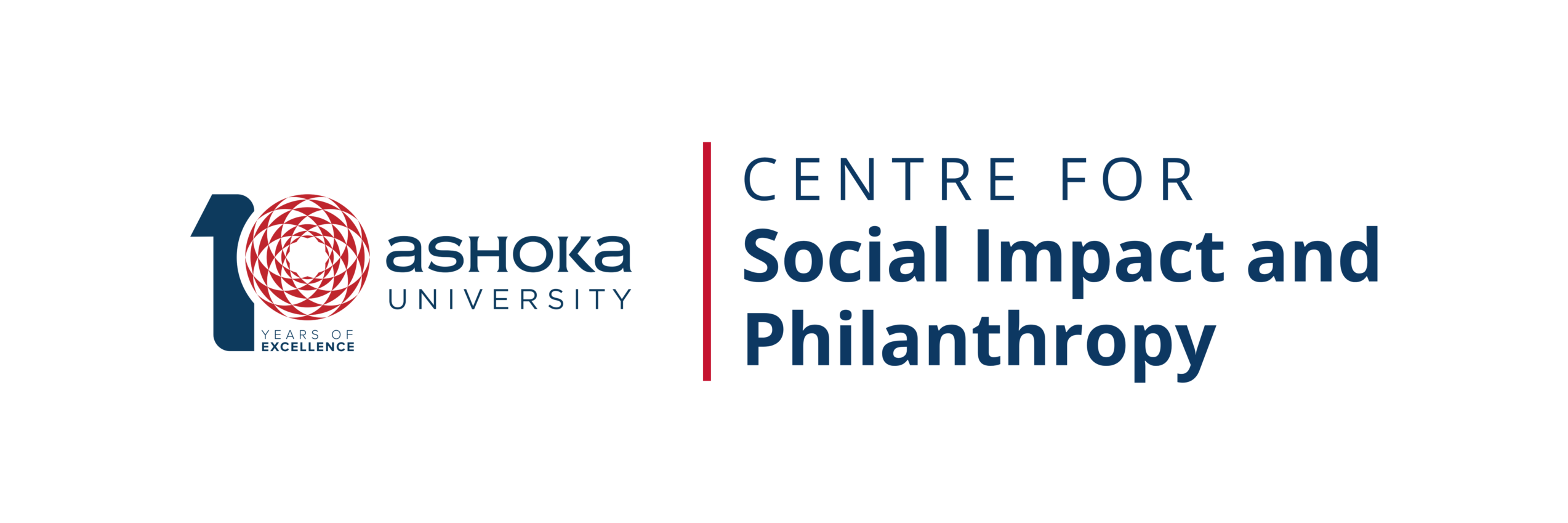Wanted: Talent for India’s Social Sector*
: Ingrid Srinath



ISDM Target 2030 : What Matters
If you have spent any time at all with a social purpose organisation (SPO) in India, you know all too well the constant quest to fill job vacancies. The typical SPO staff member is, at any point in time, scrambling to perform multiple roles with insufficient training and inadequate infrastructure. At a time when individuals, young and not-so-young, are said to be seeking careers that create impact, why is there still such a gap between supply and demand? A panel discussion I had the pleasure of anchoring at the Indian School of Development Management’s (ISDM) annual Development Management Day threw some light on the underlying issues.
Money! Money! Money!
Financial needs and inadequate compensation levels in the sector are often blamed for the paucity of qualified talent gravitating to the social sector. It is true that most nonprofits in India, and their donors, assume that employees are motivated primarily by passion for the cause who, if they must be remunerated, should be paid as little as possible. In fact, willingness to work for a salary that is a tiny fraction of one’s ‘market rate’ is a test of conviction to which many SPO leaders subscribe. False economy of this kind retards scale, sustainability, the pace of growth and fuels widespread burnout. The sector needs to urgently evolve and adopt better norms for compensation and persuade donors of the returns on investment in staff, capacity building, human resource management systems and organisation culture.
Money Can’t Buy You Love!
Speaking with nonprofit leaders and young professionals interested in building careers in the social sector, it’s clear that the primary driver of talent to the social sector is non-financial — the need for a purposeful life which leaves a significant impact on the world. Shaheen Mistri, founder of Akanksha and CEO of Teach for India, lists a desire for wholeness, constant learning, autonomy, authenticity and a culture of caring as some of the key demands of today’s social sector employees. Building organisational systems that deliver to those needs – from recruitment outreach to feedback mechanisms, performance management systems and policies that support employees through the gruelling demands of frontline work — are critical, she says, in addition to constantly benchmarking compensation levels and working with boards and donors to make the case for viable salaries.
Light My Fire!
“If you’re smart, looking for an opportunity to solve the most complex problems and to make an impact on the world, do we have a proposition for you!” Pramath Sinha asks: Can we design education curricula — from basic schooling to institutions of higher education — that put purpose front and centre, shape values and priorities, and provide young Indians with the experience of making change happen early in their lives? Do the US Peace Corps, which allowed young Americans the opportunity to volunteer in communities across the globe, or the Nigerian model that mandates employment with an SPO as part of higher education, provide potential templates? Why have their Indian equivalents in the form of the National Service Scheme (NSS), for example, not delivered their promise? Are the many fellowship programmes burgeoning across India, helping to meet that need? Beyond young people, could volunteer stints with SPOs offer incentives to corporate sector employees?
It Takes A Village, People.
Whether they’re young people getting started in the social sector, middle managers seeking greater impact or leaders aspiring to build great institutions that will outlive them, the social sector lacks the vast ecosystem of skill-building that the private sector can draw from. From the Indian Institutes of Technology (IITs) to NIIT and others, the boom in sectors like software, for instance, was fuelled by investments in building a supply of talent. The private sector has on call a plethora of skill sets providing financing and financial management, legal counsel, human resource expertise, marketing input and a gamut of other services, Amit Chandra points out. Realising that investments in building an analogous ecosystem are a precondition for the growth and development of the social sector prompted him and his wife Archana to make this a significant focus of their philanthropy. With the Bill and Melinda Gates Foundation and others, they have systematically invested in a dozen capacity building programmes across a range of domains including, vitally, fundraising, as well as in several institutions that serve to enhance sector capacities including the Centre for Social Impact and Philanthropy (CSIP) and ISDM. In part due to COVID-19, other philanthropists too are realising the need for, value of, and massive potential multiplier effect of, investments in capacity and institution building visible in recent initiatives like the GROW Fund.
Knowing Me, Knowing You.
Despite decades of practice, Shaheen Mistri feels she still struggles to communicate exactly what it is her SPO does. Multiply that several hundred thousand times to get a sense of the huge need to craft a more coherent, compelling narrative for the social sector as a whole. From career counselling at school to awareness of the spectrum of expertise the sector now seeks — data science, AI, legal, public policy, social media management, geo-mapping — there’s scarcely a contemporary field that isn’t relevant. Yet for too many, perceptions of careers in the social sector are limited to self-sacrificing, well-meaning do-gooders. And, while individual organisations have successfully built great brands, the sector brand is in need of considerable refurbishing.
Come Together!
Addressing these challenges will take several villages. We need not just an exhaustive menu of capacity building programmes, but also a shift in donor mindsets to recognise the value of investments in capacity and institution building and in populating an ecosystem of support services. We need better data, evidence and norms on which to base our decisions on compensation and talent management, a project on which ISDM and CSIP are currently working. We need too to amplify the individuals and organisations in the sector who are beating the odds in attracting, nurturing and retaining talent and those funders enabling them to do so. We need enlightened leaders in education to reimagine the very purpose of education to develop the skills and mindsets that seek social impact, not just wealth or fame. And to redefine the very meaning and metrics of success.
*With gratitude to ABBA, The Beatles, The Doors, and The Village People.


